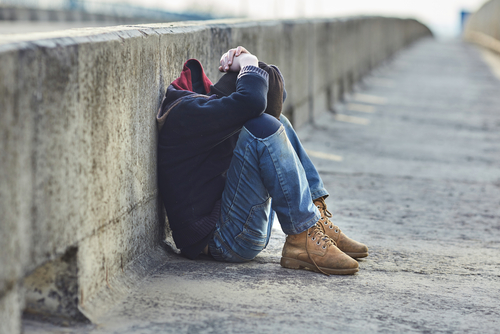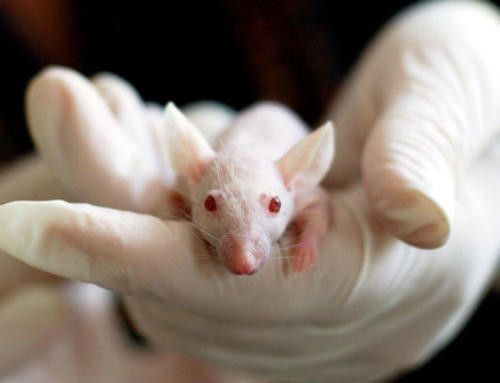The United States is currently in the midst of a historic epidemic. With nearly 142 Americans dying daily, opioid addiction is leading to a death toll equal to 9/11 every three weeks. The Commission on Combating Drug Addiction has been urging the President to declare a national emergency to help combat the crisis. While it may seem on the surface that the problem can be easily cured with more legislation and tighter restrictions regarding the prescription of opioids, further look at the issue may reveal a far deeper concern.
In the 1980’s the Partnership for a Drug-Free America ran an experiment using rats that were alone in a cage with two water bottles. One bottle contained pure water, while the other was laced with either cocaine or heroin. Nearly every time the experiment was ran the rats became obsessed with the drugged water and would continue returning until they killed themselves. This study was deemed fairly conclusive until a Vancouver professor of Psychology named Bruce Alexander noticed something odd about the experiment. The rats used in the experiments were always alone with nothing to do but take the drugs. In order to show another side of the experiment, Professor Alexander built Rat Park. Rat Park was a lush cage filled with everything that a rat could possibly desire. Colorful balls, the best rat-food, and tunnels to run through with other rats. In Rat Park the rats all tried both water bottles the same as they did in the previous experiment, what happened next though was shocking. The rats with the good lives didn’t like the drugged water. The rats in Rat Park consumed less than a quarter of the drugs that were consumed by the isolated rats. None of the Rat Park rats died, while all of the rats that were isolated and unhappy became heavy users.
This could be just brushed off as a quirk of rats but a study in the Archives of General Psychiatry showed a similar pattern with American soldiers in the Vietnam War. The study showed that while in Vietnam nearly 20% of soldiers became addicted to heroin. Upon returning home, the same study showed that nearly 95% of the addicted soldiers simply stopped. After leaving their terrifying cage of isolation, the soldiers returned home to their pleasant one and no longer wanted the drug.
These two studies show that the addiction crisis is one that requires more than just legislation. More needs to be done to address the environmental factors that lead to a need for an escape.
As the fight against the opioid crisis continues, The Springboard Center is committed to providing you the best proven practices for treatment so you can live a full life of recovery. Call us today for information on our residential treatment program and sober living: (432) 620-0255




